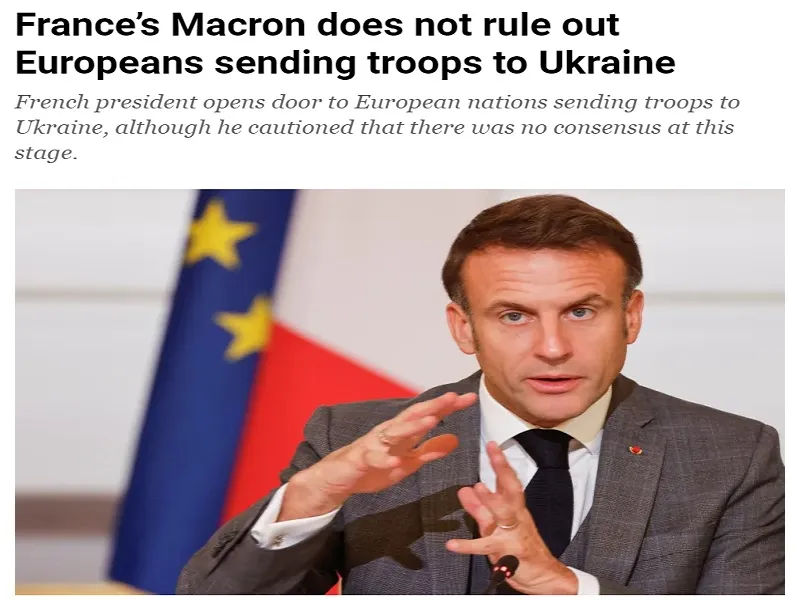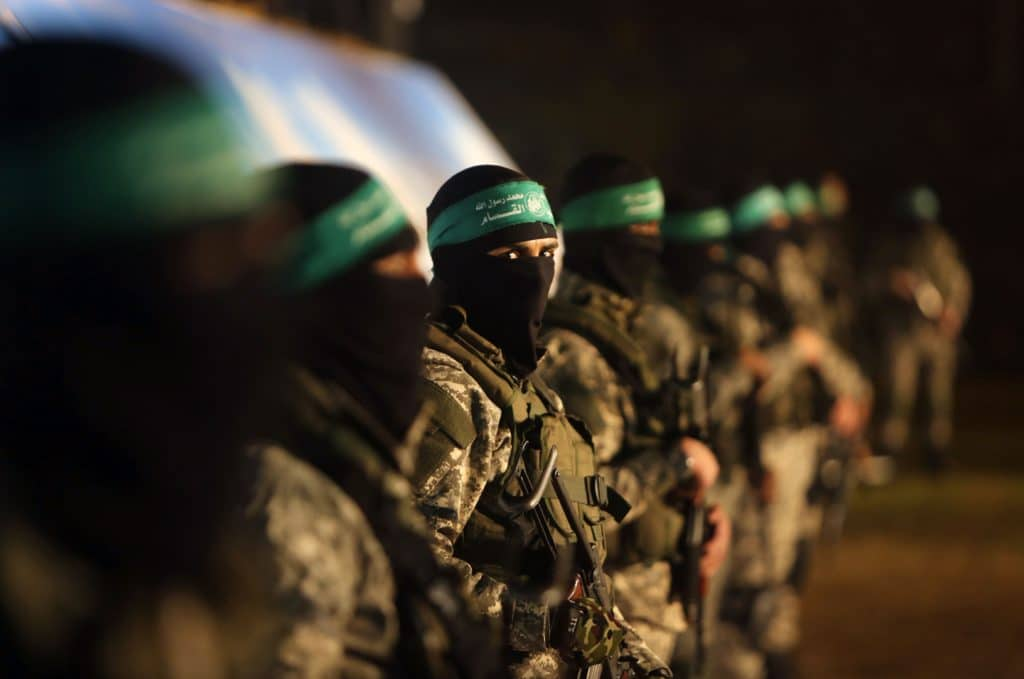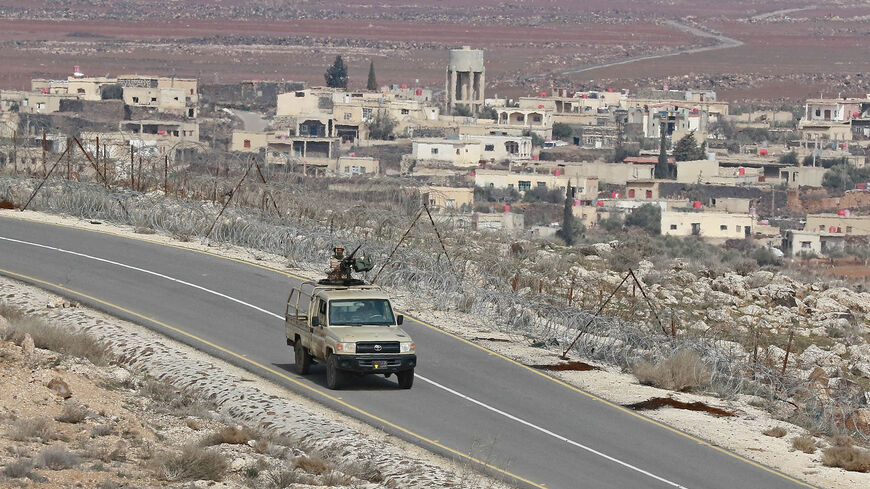If you take a tram out of Vienna and climb to the top of the Leopoldsberg, you can see a series of memorials to the successful defence of Vienna in 1683 against the invading Ottomans. Looking out over the Danube to the East, you can see an awful lot of not very much at all, going on and on and on. It’s from these empty eastern spaces that the threat to Europe always seems somehow to appear. From the Mongols through the Turks to the Slavs, it’s always the same basic fear. Civilisation as we know it can’t really be guaranteed east of a line drawn roughly between Berlin and Vienna. Beyond lies barbarism, changing in its details, but always a menace that has to be met with military force. It’s not an accident that the medieval Teutonic Knights, who fought the heathens in what is now Poland and the Baltic States, were role-models for extreme nationalists in Germany, including the Nazis. And they served right up to the present day as inspiration for extreme right-wing nationalists in Europe as a whole, some of whom are probably not coming back from Ukraine. And it’s probably not a coincidence either, that the great economic threats to Europe—Japan, South Korea, Taiwan, China—are all in the East.





